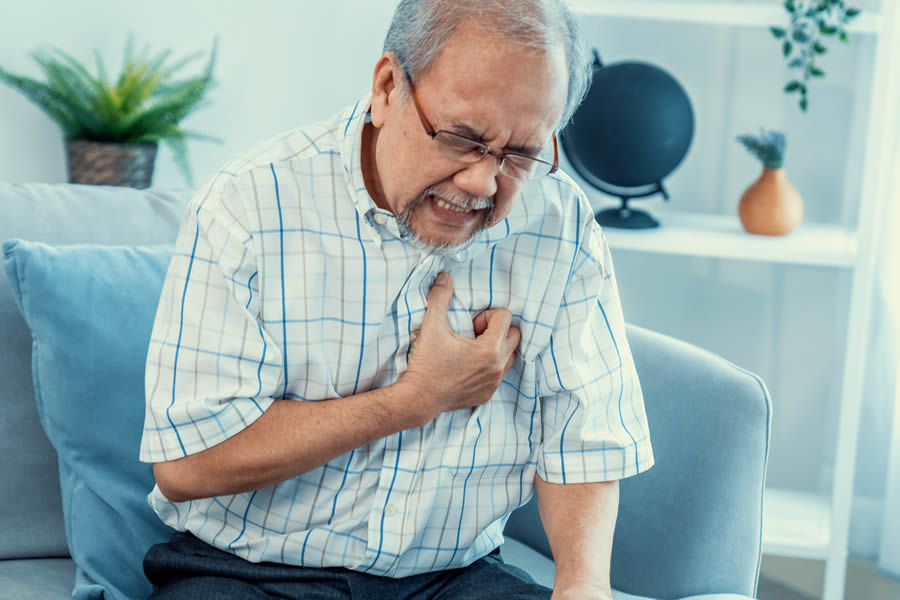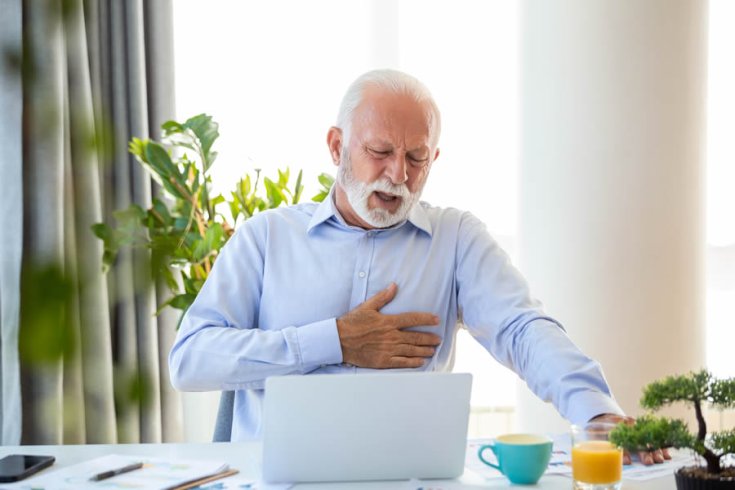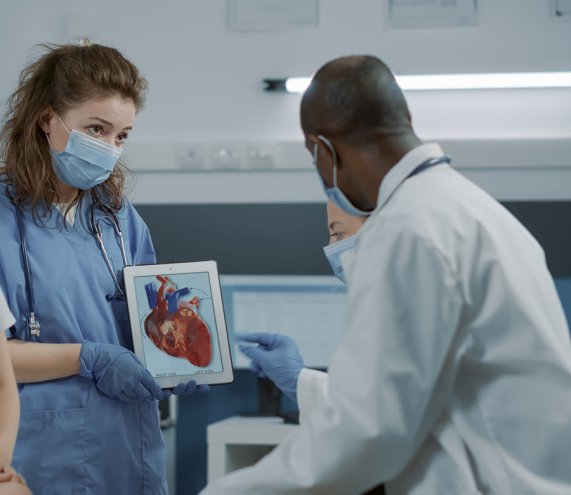When we think about heart health, our minds are likely to drift to terms like heart attacks or strokes, which get a lot of public attention. But sudden cardiac death is another term that packs a serious punch and isn’t talked about nearly enough. Capitol Cardiology Associates has seen how this devastating event leaves families reeling. Can you actually survive sudden cardiac death? How common is it, and more importantly, what can you do to prevent it? Keep reading for information that can help you make better choices about your heart health.
How Likely Is It to Survive Sudden Cardiac Arrest?
Sudden cardiac death occurs when the heart suddenly and unexpectedly stops beating, which cuts off blood flow to the brain and other vital organs. The chances of surviving sudden cardiac death aren’t high if immediate action isn't taken. Statistics reveal a grim reality that out-of-hospital cardiac arrests have a survival rate of less than 10%. That’s a shockingly low figure. However, this number jumps substantially if help arrives swiftly. If someone nearby starts chest compressions or uses an automated external defibrillator, the chances of survival double or even triple. The timing is important, every minute without intervention reduces survival odds by about 10%. If you’re concerned, it's time to talk to a heart doctor who can identify risk factors.
Simple Ways to Protect Your Heart from Sudden Cardiac Arrest
While we can’t control every variable, like genetics, there are several steps you can take to protect yourself. These preventative measures are important for anyone looking to maintain heart health.
- Regular Heart Check-ups: Seeing a cardiologist routinely can catch early warning signs, like arrhythmias or structural heart problems. These issues often go unnoticed until it’s too late. Your heart doctor will likely use a combination of stress tests, EKGs, and blood tests to evaluate your risk level.
- Lifestyle Changes: Your heart needs a well-balanced diet, exercise, and adequate rest. High blood pressure, diabetes, and obesity are three heavy hitters that increase the risk of sudden cardiac death. Thankfully, these are modifiable risk factors. Simple lifestyle changes, like a healthier diet or a consistent workout routine, can have a massive impact.
- Medication: Sometimes, lifestyle changes aren't enough, especially if you have a pre-existing condition. Medications like beta-blockers or blood thinners might be prescribed by your cardiologist to manage your risk. It’s important to take these medications as directed and to stay in regular contact with your heart doctor for adjustments.
Acting Fast in a Cardiac Crisis
What happens if sudden cardiac death strikes despite all the prevention efforts? Knowing CPR and how to use an AED should be basic knowledge, as important as learning to swim or ride a bike. Many community centers offer free or low-cost CPR courses. The more people trained, the safer we all are. Families dealing with high-risk individuals should consider investing in an at-home AED. It may sound like an extreme step, but every second counts. Even if the person experiencing sudden cardiac death lives close to a hospital, there might not be enough time for emergency responders to arrive and administer help.
Are You at Risk?
Sudden cardiac death can strike anyone, but some people are more vulnerable. Family history is a big red flag. If your parents or siblings have had heart conditions, you could be predisposed. Likewise, athletes with undiagnosed heart conditions are at risk, especially if the heart strain from exercise triggers an irregular rhythm. People with heart disease or a history of heart attacks are also more likely to experience sudden cardiac death. Your heart doctor can outline specific tests and lifestyle adjustments if you fall into this group. Some patients require the implantation of devices like defibrillators, which can automatically correct dangerous heart rhythms.
How Modern Medicine Is Transforming Heart Health
Medical technology is more advanced than ever. Devices like implantable cardioverter-defibrillators are lifesaving tools for those at high risk. These small gadgets are placed under the skin and can detect and correct an irregular heartbeat on the spot. Cardiologists often recommend them for high-risk patients. Wearable technology can help as well by monitoring your heart rate, detecting irregularities, and alerting emergency contacts if something seems off. While these devices are not a substitute for medical advice, they offer an added layer of monitoring that could be lifesaving.
We Put Your Heart First
When it comes to something as crucial as heart health, experience matters. At Capitol Cardiology Associates, our team works tirelessly to develop individualized plans that encompass everything from prevention to treatment. Heart health isn’t something to take lightly, so don’t delay reaching out for professional guidance. Schedule a consultation with a dependable cardiologist today to determine your risk and stay proactive.






